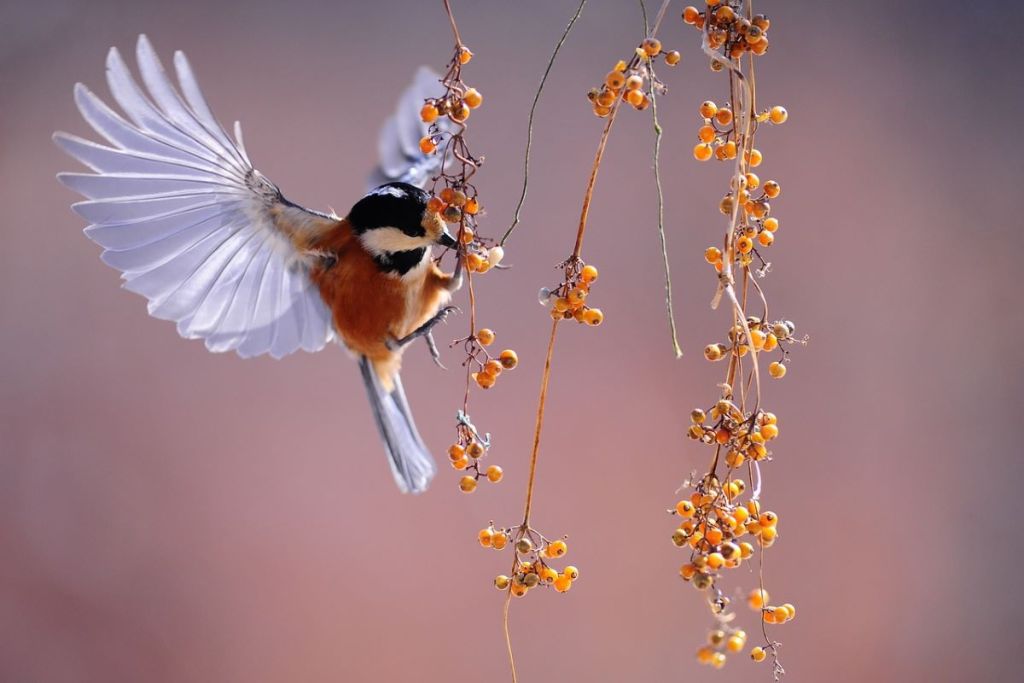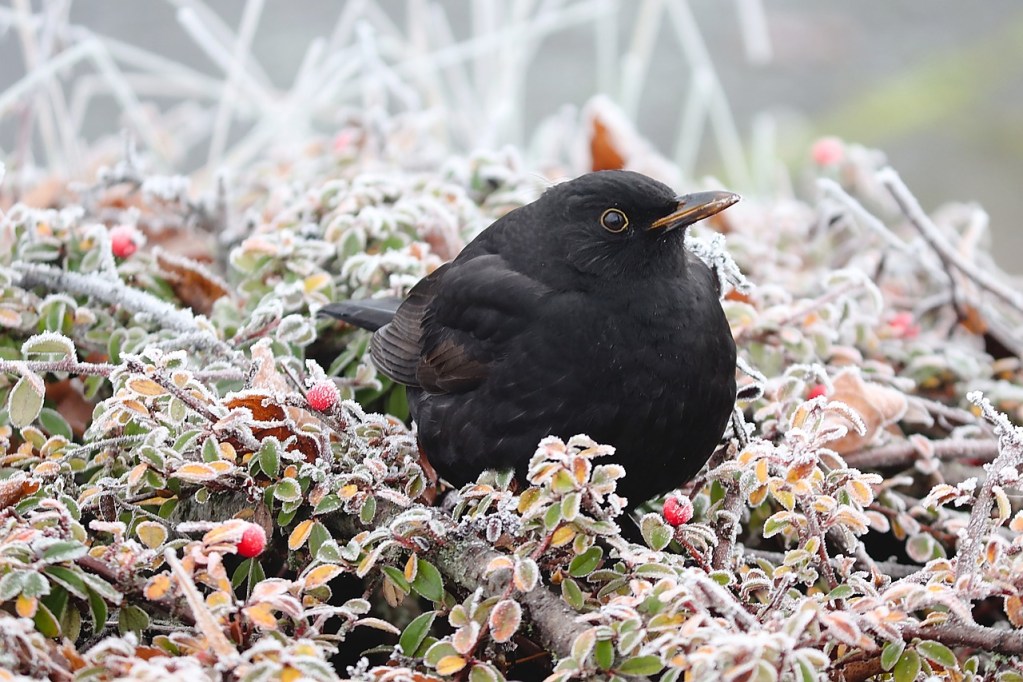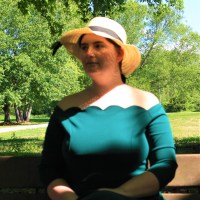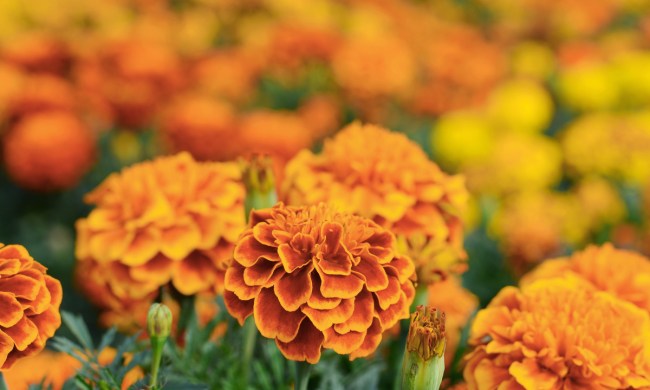Plenty of birds fly south for the winter, but not all of them do! If you enjoy hanging up bird feeders to help your feathered friends, but find it unpleasant to trudge out into the snow to refill them, then you should consider growing natural food sources for wildlife! There are plenty of plants that birds, squirrels, chipmunks, and even deer can eat, but which are right for your garden? In this guide to garden plants for birds in winter, we'll teach you everything you need to know about growing native plants to feed your local wildlife.

Why should you grow food for local wildlife?
During winter, the amount of available food for birds, deer, and small mammals declines sharply. This is part of a normal cycle, and there are still plants they can use for food, but human activity has put a wrinkle into it. As urban centers spread and envelop the wilderness, the reliable winter food sources have been reduced even further, making it harder for wildlife to find enough to eat.
Adding a few plants to your yard that are specifically for birds and other animals can help offset this issue, at least in your area. Each plant and animal plays a role in the environment, so replacing some of the missing or destroyed food sources helps promote a healthy and balanced ecosystem. If you're a fan of organic gardening, adding a few wildlife food sources to your yard fits right in with the rest of your eco-friendly lifestyle!

What kinds of plants are ideal?
The best plants to add to your garden as a food source for wildlife are native plants that produce berries or large seed heads. Berries and seeds are a primary food source for many birds, as well as some small mammals, like mice and squirrels. Planting wildflowers and fruit bushes are great places to start.
If you live in an area that is accessible to deer, you should also include a few bushes or shrubs with heavy foliage, although deer will also eat some berries and fruit. It’s important that the plants be native to your region, both to cut down on care requirements and to avoid spreading an invasive species.
If you're tight on space or looking to feed birds quickly, then it's best to stick to shrubs, bushes, and flowers. However, there are plenty of trees that can be planted to provide even more food! Apple trees and dogwood trees, along with other fruit or berry trees, are great options.
Here are a few plants to consider, along with where they’re native to:
- Holly (Eastern North America)
- Elderberry (most of North America)
- Coneflower (Central and Southeastern North America)
- Juniper (Northern North America)
- Buffaloberry (Northern and Western North America)

Is there any special care for these plants?
For the most part, you should care for these plants just like you would the rest of your garden. There are a few special considerations you should be aware of, though:
Step 1: Avoid using any sort of pest control on them.
Obviously, if you want the birds to eat the berries, you shouldn’t cover them with a bird net, but avoid using sprays as well. While some sprays may not harm the birds or deer, insects are an important food source for many birds. Since the plants are there to feed the local animals, there’s no harm in leaving them vulnerable to insects.
Step 2: Plant them near the edge of your garden or yard.
This is to avoid encouraging wildlife to come all the way into your garden and possibly eating or trampling plants that you don’t want them to touch. Additionally, since these plants will be left vulnerable to insects, you don’t want them close to your other plants, potentially spreading the pests to them.

What plants should you avoid planting for birds?
We've mentioned that the plants you choose should be native to your area, but it bears repeating! Your local wildlife may be able to eat some invasive plants, but there are many that they won't look to for food. Additionally, they can spread and outcompete their native food sources, leading to bigger issues for your local birds and mammals.
If you have pets or small children who sometimes play in your yard, you may also want to avoid any poisonous plants, as well as plants with thorns or skin irritating leaves or sap. While many birds can safely eat plants that are poisonous to mammals, having these plants near your home could pose more of a risk than a benefit. So if you have small children or pets, it's best to stick to safe plants like coneflowers and blueberries!
Once you’ve picked and planted your plants, you can watch your local wildlife stop by for a snack! If you have any kids, this is a great way to teach them about the native animals of their home. For more advice on what plants to choose, why not visit your local Audubon Society? They’ll be happy to teach you all about the birds you can expect to see in your own backyard.




